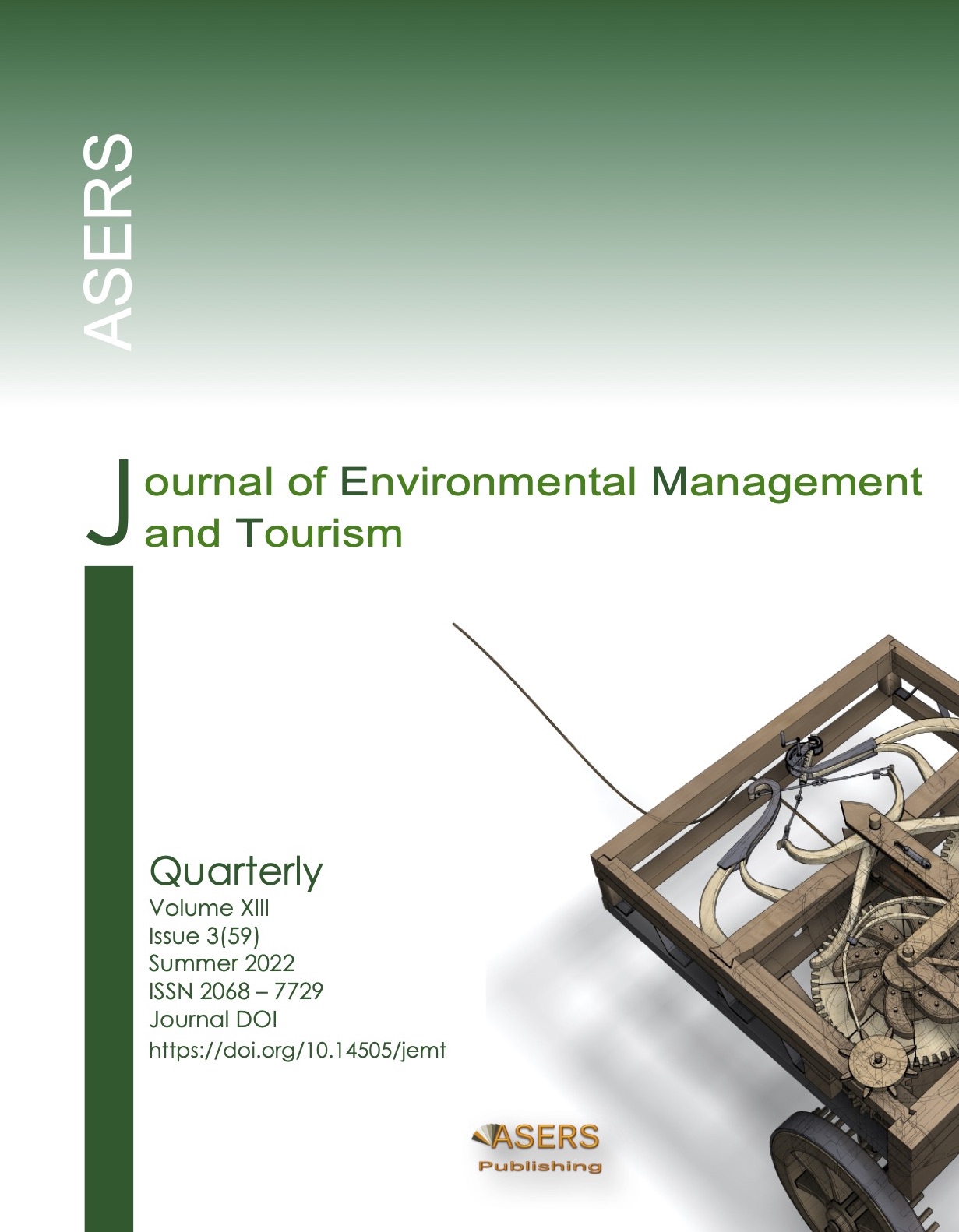Applying the Theory of Planned Behaviour to Tourism-Related Waste Behaviour in Marine Protected Areas: The Aliwal Shoal Case Study
Applying the Theory of Planned Behaviour to Tourism-Related Waste Behaviour in Marine Protected Areas: The Aliwal Shoal Case Study
Author(s): Carrigan HARPER, Claudine ROOS, Francois Pieter RETIEF, Reece Cronje ALBERTS, Dirk Petrus CILLIERSSubject(s): Business Economy / Management, Methodology and research technology, Nationalism Studies, Tourism, Maritime Law
Published by: ASERS Publishing
Keywords: waste behavior; tourism activities; theory of planned behaviour; marine protected area; Aliwal Shoal; South Africa;
Summary/Abstract: This paper aims to better understand tourism-related waste behaviour within marine protected areas (MPAs) by applying the Theory of Planned Behaviour (TPB) to a specific South African case study. Observed- and self-reported elements of waste separation behaviour were determined for four diving charters and five accommodation facilities within the Aliwal Shoal MPA.Observations and waste characterisation were performed to understand actual behaviour, while survey questionnaires basedon the TPB were administered to determine self-reported behaviour. Interviews were conducted to explore challenges andopportunities for waste separation at source. The results found a significant percentage of recyclable waste (>70%) within thedisposable waste stream, and no waste separation infrastructure at any of the facilities investigated. Survey responsesindicated a positive attitude towards waste separation, with a social drive towards participating. Respondents also indicatedthat they generally participated in waste separation at source, a claim not supported by the observation data. The identifiedchallenges for waste separation at source included a lack of separation infrastructure and collection services, inconvenience,time constraints, and unwillingness of customers to participate. Accordingly, the main opportunities towards waste separationincluded the provision of waste separation resources and reliable municipal services, and strategies towards improved wasterelatedawareness and behaviour.
Journal: Journal of Environmental Management and Tourism (JEMT)
- Issue Year: XIII/2022
- Issue No: 3(59)
- Page Range: 853-876
- Page Count: 24
- Language: English
- Content File-PDF

